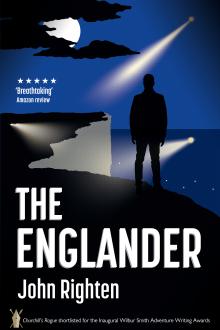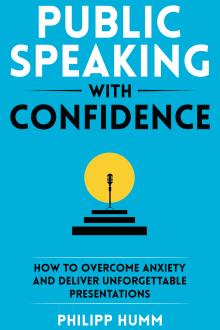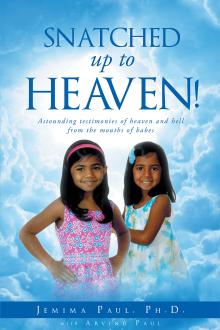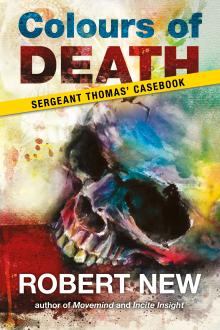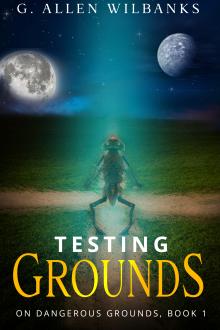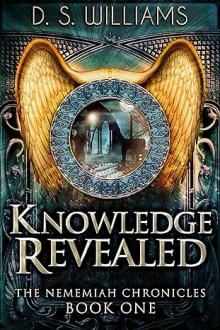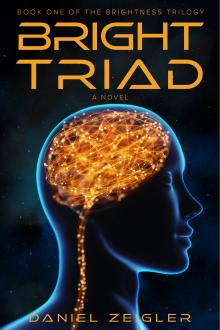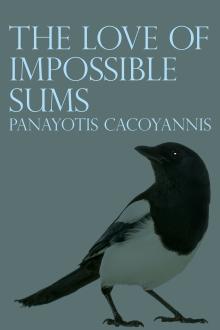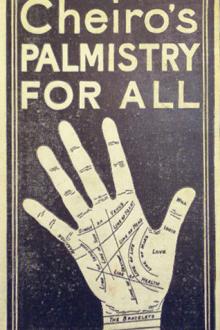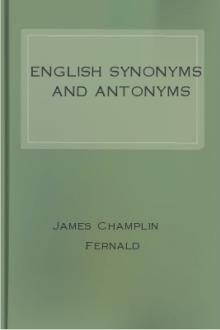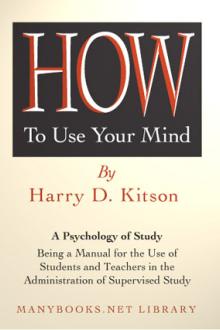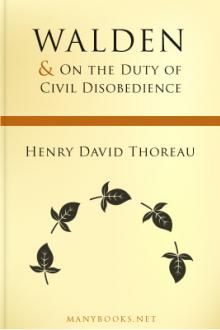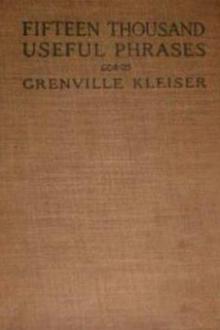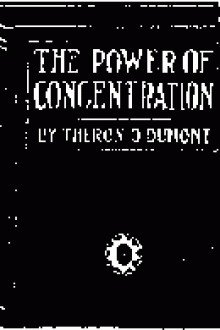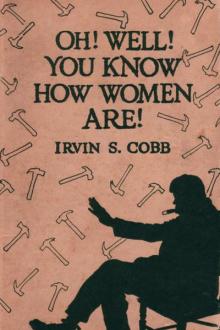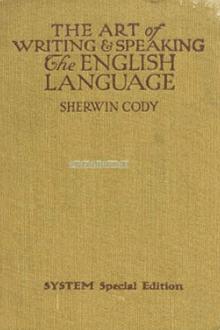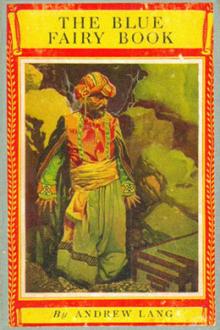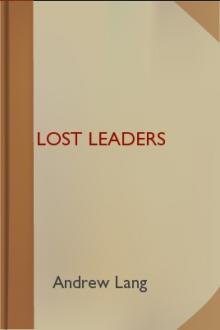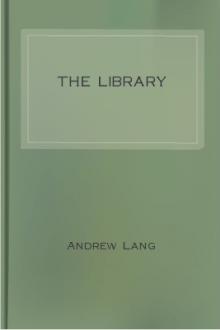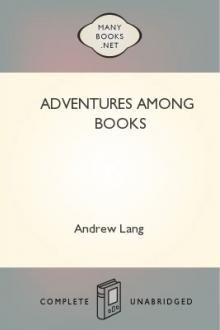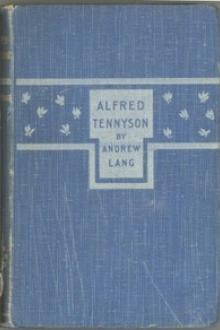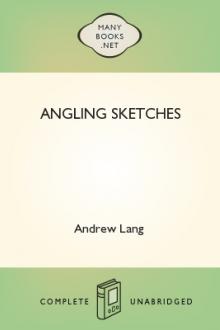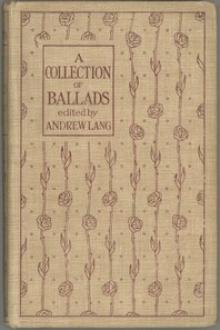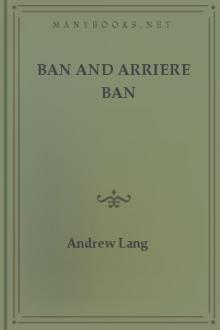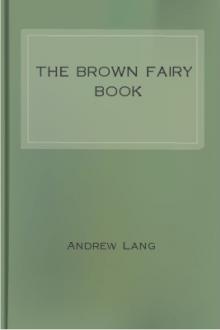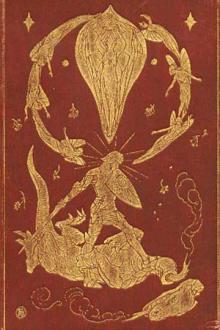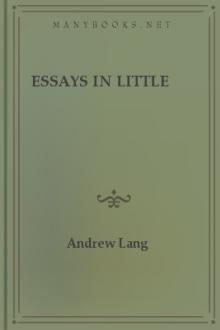How to Fail in Literature
How to Fail in Literature
A Lecture
Book Excerpt
(as Theocritus says) in your chest,
bowing their pale faces over their chilly knees, outcast, hungry,
repulsed from many a door. To write excellently, brightly,
powerfully, with these poor unwelcomed wanderers, returned MSS., in
your possession, is difficult indeed. It might be wiser to do as M.
Guy de Maupassant is rumoured to have done, to write for seven years,
and shew your essays to none but a mentor as friendly severe as M.
Flaubert. But all men cannot have such mentors, nor can all afford
so long an unremunerative apprenticeship. For some the better plan
is NOT to linger on the bank, and take tea and good advice, as Keats
said, but to plunge at once in mid-stream, and learn swimming of
necessity.
One thing, perhaps, most people who succeed in letters so far as to keep themselves alive and clothed by their pens will admit, namely, that their early rejected MSS. DESERVED TO BE REJECTED. A few days ago there came to the writer an old forgotten beginner's attempt by himself. Whence it came, who s
FREE EBOOKS AND DEALS
(view all)Popular books in Essays, Language, Instructional
Readers reviews
1.0
LoginSign up
Andrew Lang was a Scottish writer who apparently specialized in folklore and stories about ghosts and spirits. He wrote a large number of books none of which I have previously read nor will read in future. This lecture was given to prospective writers and was supposedly intended for their benefit. I must admit even though the lecture is only about 30 pages long it seems far longer.
The following are several examples of the advice to young writers that Mr. Lang offers.
The most ambitious may accept, without distrust, the following advice as to How to fail in Literature. The advice is offered by a mere critic, and it is an axiom of the Arts that the critics "are the fellows who have failed," or have not succeeded. The persons who really can paint, or play, or compose seldom tell us how it is done, still less do they review the performances of their contemporaries. That invidious task they leave to the unsuccessful novelists.
He who would fail in literature cannot begin too early to neglect his education, and to adopt every opportunity of not observing life and character.
In short, he who would fail must avoid simplicity like a sunken reef, and must earnestly seek either the commonplace or the bizarre, the slipshod or the affected, the newfangled or the obsolete, the flippant or the sepulchral.
As a rule, his method is this, he reads very little, but all that he reads is BAD. The feeblest articles in the weakliest magazines, the very mildest and most conventional novels appear to be the only studies of the majority.
I do not think it is necessary to warn young lady novelists, who possess beauty, wealth, and titles, against asking Reviewers to dine, and treating them as kindly, almost, as the Fairy Paribanou treated Prince Ahmed.
It is my opinion that many of the sins Mr. Lang recommends against he himself commits in this lecture. I liked the use of words and rare gems of sapience but in all other ways it is a failure. However I allow that I may be one of the odious writers Mr. Lang detests. One star only and that is a gift.
The following are several examples of the advice to young writers that Mr. Lang offers.
The most ambitious may accept, without distrust, the following advice as to How to fail in Literature. The advice is offered by a mere critic, and it is an axiom of the Arts that the critics "are the fellows who have failed," or have not succeeded. The persons who really can paint, or play, or compose seldom tell us how it is done, still less do they review the performances of their contemporaries. That invidious task they leave to the unsuccessful novelists.
He who would fail in literature cannot begin too early to neglect his education, and to adopt every opportunity of not observing life and character.
In short, he who would fail must avoid simplicity like a sunken reef, and must earnestly seek either the commonplace or the bizarre, the slipshod or the affected, the newfangled or the obsolete, the flippant or the sepulchral.
As a rule, his method is this, he reads very little, but all that he reads is BAD. The feeblest articles in the weakliest magazines, the very mildest and most conventional novels appear to be the only studies of the majority.
I do not think it is necessary to warn young lady novelists, who possess beauty, wealth, and titles, against asking Reviewers to dine, and treating them as kindly, almost, as the Fairy Paribanou treated Prince Ahmed.
It is my opinion that many of the sins Mr. Lang recommends against he himself commits in this lecture. I liked the use of words and rare gems of sapience but in all other ways it is a failure. However I allow that I may be one of the odious writers Mr. Lang detests. One star only and that is a gift.
- Upvote (1)
- Downvote (0)
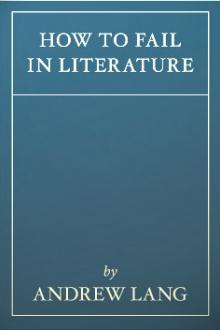
 Free Download
Free Download